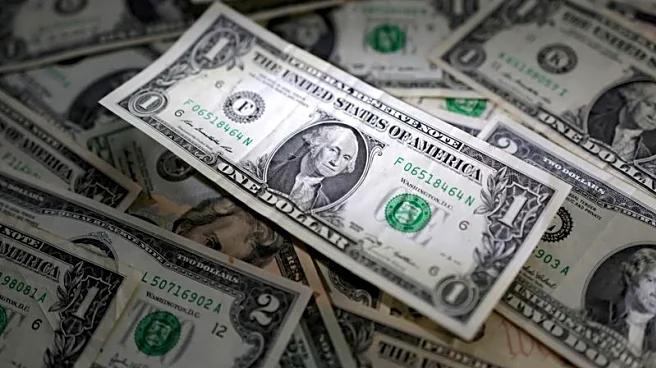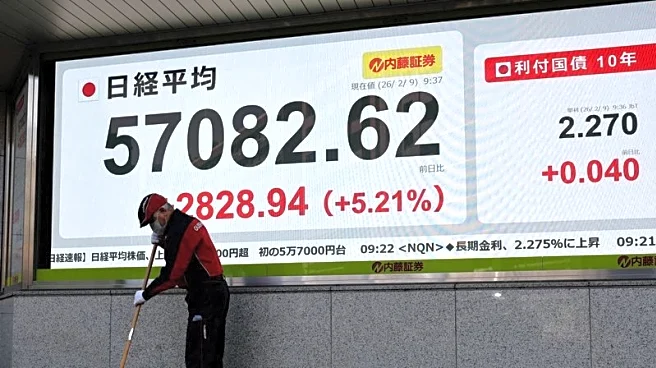What's Happening?
Idaho's grocery tax has come under scrutiny for its impact on food security and public health. Critics argue that taxing basic nutrition is a cruel policy that disproportionately affects low-income families. The National Institutes of Health previously concluded that taxing junk food does not effectively address obesity, as people tend to purchase the most affordable food available, often high in sugars and fats. A study by Cornell and Duke found that a one percent increase in grocery taxes correlates with a .87 percent increase in food insecurity among the poor. Despite these findings, Idaho's business lobby supports the tax for its revenue stability, even during economic downturns. A citizen's initiative is currently circulating to exempt food from sales and use taxes, requiring 70,000 signatures by next April to appear on the November 2026 ballot.
Why It's Important?
The grocery tax in Idaho highlights a significant issue in public policy regarding food affordability and health. By taxing essential food items, the policy may exacerbate food insecurity and health disparities among low-income populations. The tax is seen as a stable revenue source for the state, but it raises ethical concerns about its impact on vulnerable communities. If the citizen's initiative succeeds, it could lead to a shift in how states approach taxation on food, potentially influencing national discussions on food policy and economic justice. The outcome of this initiative could set a precedent for other states considering similar measures.
What's Next?
The citizen's initiative to exempt food from sales and use taxes in Idaho is gathering momentum, with a deadline for signatures set for next April. If successful, the initiative will be on the ballot in November 2026, where polling suggests strong public support. This development could prompt further debate among policymakers and business leaders about the balance between revenue needs and ethical considerations in taxation. Stakeholders, including public health advocates and economic policy experts, may engage in discussions to address the broader implications of food taxation and its impact on health and economic stability.
Beyond the Headlines
The debate over Idaho's grocery tax touches on deeper issues of economic inequality and public health ethics. Taxing food can discourage healthy eating habits, potentially leading to long-term health consequences for low-income families. The initiative to exempt food from taxes could spark broader discussions on how states can support public health without compromising revenue. Additionally, the initiative's success may influence other states to reconsider their food taxation policies, potentially leading to a nationwide reevaluation of how food security is addressed through tax policy.









